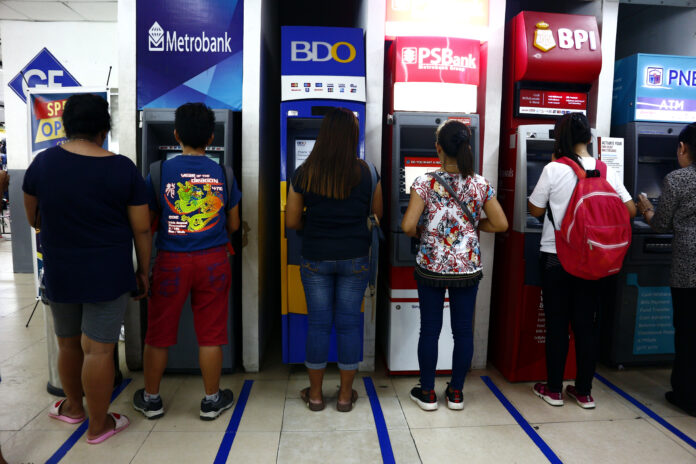The Bangko Sentral ng Pilipinas (BSP) on Thursday welcomed a report by the Japan Credit Rating Agency (JCR) affirming the resilience and soundness of the Philippine financial system—an assessment that carries important implications for businesses, households, and the broader economy.
In its latest credit review, the JCR maintained the country’s investment-grade rating at “A-” with a “stable” outlook. The agency cited the country’s strong banking fundamentals, including robust loan growth, improved asset quality, and capital adequacy ratios that significantly exceed both domestic and international benchmarks.
The JCR noted that universal and commercial banks posted a consolidated capital adequacy ratio of 16.5 percent as of end-July 2025, well above the minimum regulatory requirements. Non-performing loans (NPL) also continued to decline, with the NPL ratio falling to 3.1 percent, down from 3.6 percent in 2021—a sign of strengthening credit quality across the sector.
“The BSP continues to implement policies that promote robust capitalization and sound risk management among banks. These support financial stability and further build confidence in the domestic financial system,” said BSP Governor Eli M. Remolona, Jr.
Beyond banking, JCR also noted favorable macroeconomic indicators, including easing inflation and high gross international reserves (GIR). Inflation averaged just 1.7 percent for the first eight months of 2025, while the GIR stood at USD 105.9 billion by end-August—equivalent to 7.2 months’ worth of imports and 3.4 times the country’s short-term external debt. JCR emphasized that this “solid foreign currency liquidity position” enables the Philippines to remain “remarkably resilient” to external shocks.
For businesses, the positive credit rating and strong banking system translate to improved access to capital and more stable lending conditions, especially for small and medium enterprises (SMEs). Lower borrowing costs also allow corporations to invest more confidently in expansion, innovation, and job creation.
Households benefit similarly, as stable inflation and low credit risk foster a conducive environment for consumer loans, mortgages, and overall economic confidence. More affordable credit and rising financial inclusion can boost domestic consumption, a key driver of Philippine economic growth.
An investment-grade rating signals low sovereign credit risk, reducing the government’s borrowing costs. This enables greater fiscal flexibility and allows more resources to be directed toward infrastructure, healthcare, education, and other socially beneficial programs. It also reinforces investor confidence, attracting both foreign and local capital into the economy.
The JCI report affirms that the Philippines remains on a solid economic footing despite global uncertainties—bolstered by prudent fiscal and monetary policies, a resilient banking system, and strong external buffers.







